World-renowned astrophysicist Neil deGrasse Tyson knows a thing or two about scientific literacy, and now he’s sparking important dialogue about public health in the face of a global pandemic.
As executive producer of the new documentary Shot in the Arm, Tyson and Oscar-winning director Scott Hamilton Kennedy highlight how COVID misinformation — fueled by social media and other organizations that historically touted non-scientific theories — can cause vaccine hesitancy among skeptics. Tyson hopes the film will encourage voters to not politicize science, but rather use it to create a cleaner and safer world.
“It’s never the wrong time to do the right thing,” Tyson tells Yahoo Entertainment of the film’s core message. “As an educator, that remains my goal — not to oust duly elected politicians, but to educate their electorate so that the engines of democracy can argue over political solutions to problems and not the science itself.”
Kennedy began filming in the spring of 2019. Through in-depth interviews with health officials and activists like Dr. Anthony Fauci, Karen Ernts and notorious anti-vaxxer Robert F. Kennedy (who was interviewed before his current presidential run), the original concept was to spotlight the rising measles outbreak and the possibility of a worldwide pandemic.
But as Kennedy would soon find out, the film became something much bigger.
COVID happened…
When COVID cases in the U.S. spiked in early 2020, Kennedy says the documentary took an unexpected turn. Over the course of the pandemic, it became a “warning and plea” for people to grasp “how important science and verifiable truth are to a functioning global society.”
“I don’t know if I ever had a film that was so much a part of the zeitgeist,” Kennedy, whose films include The Garden and Food Evolution, tells Yahoo Entertainment. “That is both exciting and tough to take because we are living through a time of polarization where many don’t trust folks outside of their tribes. And at the same time those tribes are having a strange wrestling match over what constitutes verifiable truth.”
Still, there’s a lesson to be learned in all of this, he explains.
“This experience with COVID-19 is a reminder that we all do better when we remember we are in this together,” Kennedy reflects. “Shot in the Arm has become a healing film; healing for all who, despite all the confusion and vitriol of this once in a century pandemic, did their best to follow data and decency over cynicism and selfishness.”
That not only includes the “brave and tireless healthcare workers” who cared for hundreds of thousands of patients at the height of COVID, but also, “the rest of us,” he explains, “who despite being scared, and confused, and frustrated, tried to stick to our fragile social contract [sheltering in place, wearing masks, etc.]. Shot in the Arm says to those folks: We see you and it was worth it. Science is worth it. Decency is worth it. The verifiable truth is worth it.”
How the film depicts “confirmation bias” and our trust in science
To date, over 1.3 million Americans have died from COVID-related illnesses, according to the World Health Organization. That hasn’t stopped subsequent variants — including the latest “Eris” strain — to continue popping up, nearly three years after mask regulations, business closures, lockdowns and slow vaccine rollouts made life difficult to navigate.
During this most stressful period, Kennedy argues, social isolation exacerbated COVID misinformation, as many felt disoriented when trying to find science-based facts while in lockdown.
Director Scott Hamilton Kennedy places a microphone on Dr. Anthony Fauci while filming a scene for Shot in the Arm. (Curved Light Productions)
While President Trump and some anti-vaxxers endorsed non-FDA-approved treatments like hydroxychloroquine, which has been rebuked by organizations like the Mayo Clinic, he says people began developing “confirmation bias.” Kennedy describes it as a “cognitive bias that occurs when individuals tend to favor, seek out and remember information that confirms their preexisting beliefs or values,” as opposed to scientific evidence.
“In other words, people are more likely to pay attention to and accept information that aligns with their tribes’ opinions, while disregarding or downplaying information that contradicts those beliefs,” he says of the term, which is heavily observed in the film.
“While we all are susceptible to confirmation bias, the biggest difference between the anti- and pro-vaccine sides, is that the pro-vaccine side, by the percentages, are more comfortable using the process of science to check their biases against the best available evidence,” Kennedy adds. “Where, sadly, many, if not most, on the anti-vaccine side deny or cherry pick evidence to support their desired outcome, often with dangerous results.”
Making it more difficult, Tyson explains, is that people are more likely to doubt scientific evidence when misinformation continues to be overwhelmingly shared (and believed) on social media. Unlearning these habits, he says, is easier said than done.
“If science were taught in the schools, not as a satchel of facts to be memorized, but as a way of querying nature, and as a way to not fool yourself, we would not have an adult demographic that bases its beliefs on what makes them feel good, or what they want to be true from forces driven by their cultural, religious or political platforms,” says Tyson. “We need persistent reminding of all the other advances that have come from science that daily enable our health, wealth and security.
“The objective truths of science are not established by the passionate testimony of individual scientists, who, themselves, may be biased, but by the peer-reviewed results that verifies multiple, repeated experiments that arrive at the same or similar results,” he continues. “Responsible scientists will communicate these results to the public and not the results of outliers, which more than likely contain false claims.”
To that end, Tyson warns that misinformation may be harder to decipher as technology becomes more sophisticated. AI could become “so effective at faking images, videos, websites,” he explains, that those who are prone to believing “fake information” will likely start doubting everything — even the fake information they’re reading.
“At that point, the entire internet implodes under the weight of its own misinformation and we start over by reading books, and talking in person with one another,” he quips. Joking aside, Tyson says Shot in the Arm is about more than vaccines, but rather, a testament on how to be a “responsible citizen.”
“By being a member of society, by being a participant in civilization, we share a mutual obligation to look after one another. Or, as a minimum, do no harm to others,” he says. “If your actions put the health, wealth and security of society at risk, then it’s time to move into the woods — away from people who care about one another and the future of civilization.”
Shot in the Arm premieres in N.Y. on Nov. 3 at the Angelika Film Center and in L.A. on Nov. 17 at the Laemmle Glendale.
You can view the original article HERE.

:quality(85):upscale()/2024/04/19/812/n/1922398/dac564326622b846c15299.26306818_.jpg)
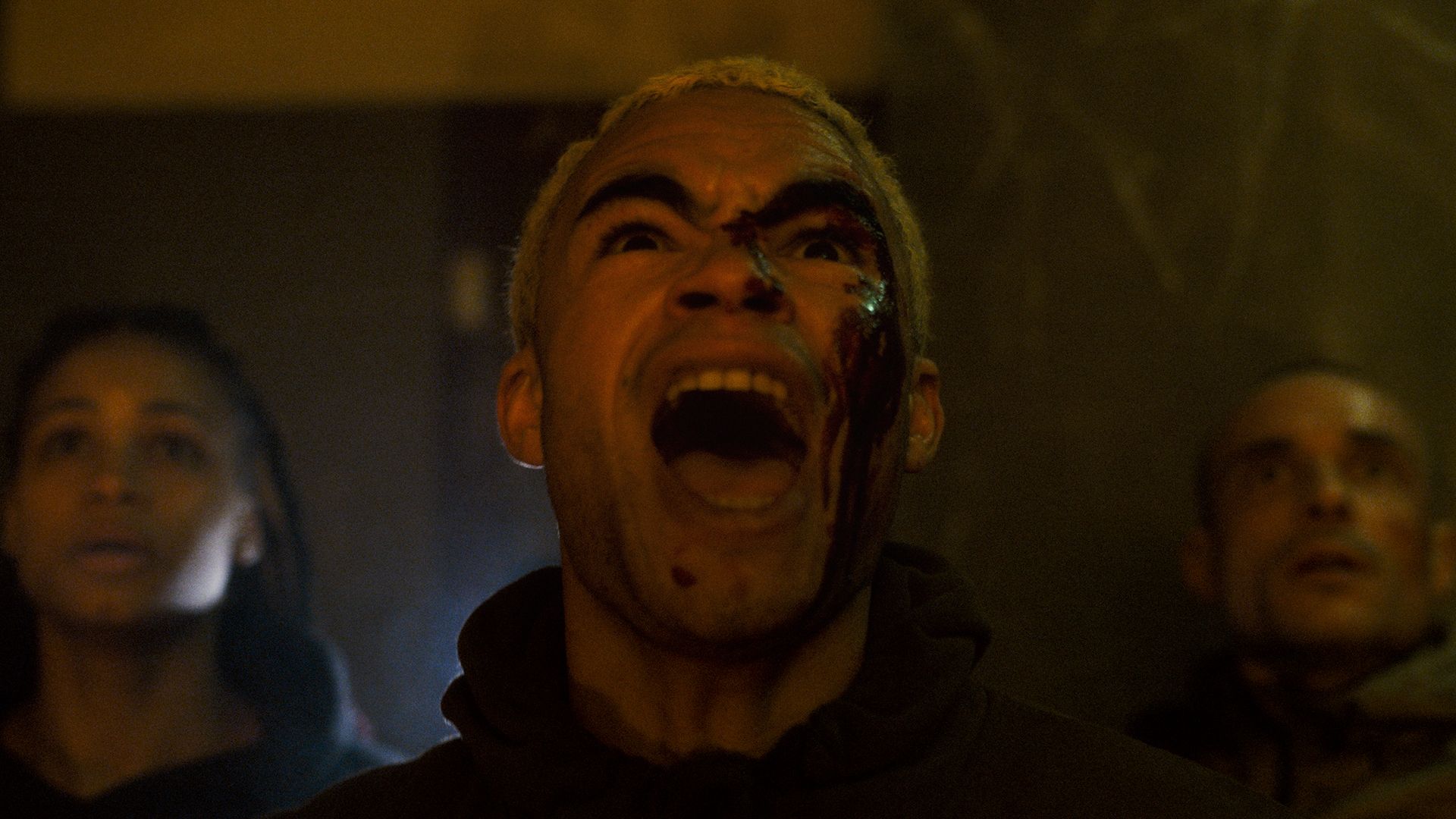

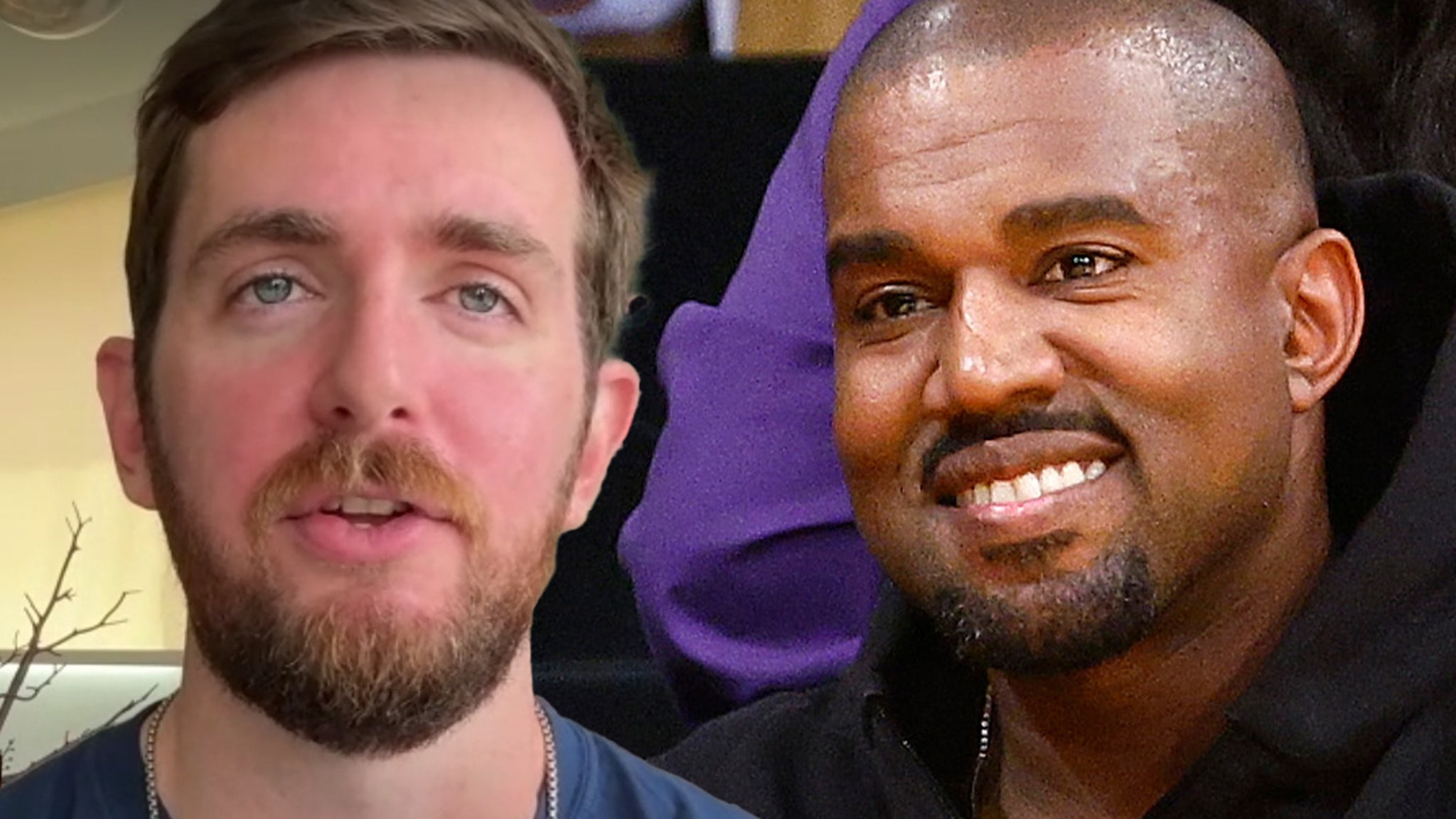
:quality(85):upscale()/2024/04/23/768/n/1922283/782961d76627ef4f94f4b3.68894570_.jpg)
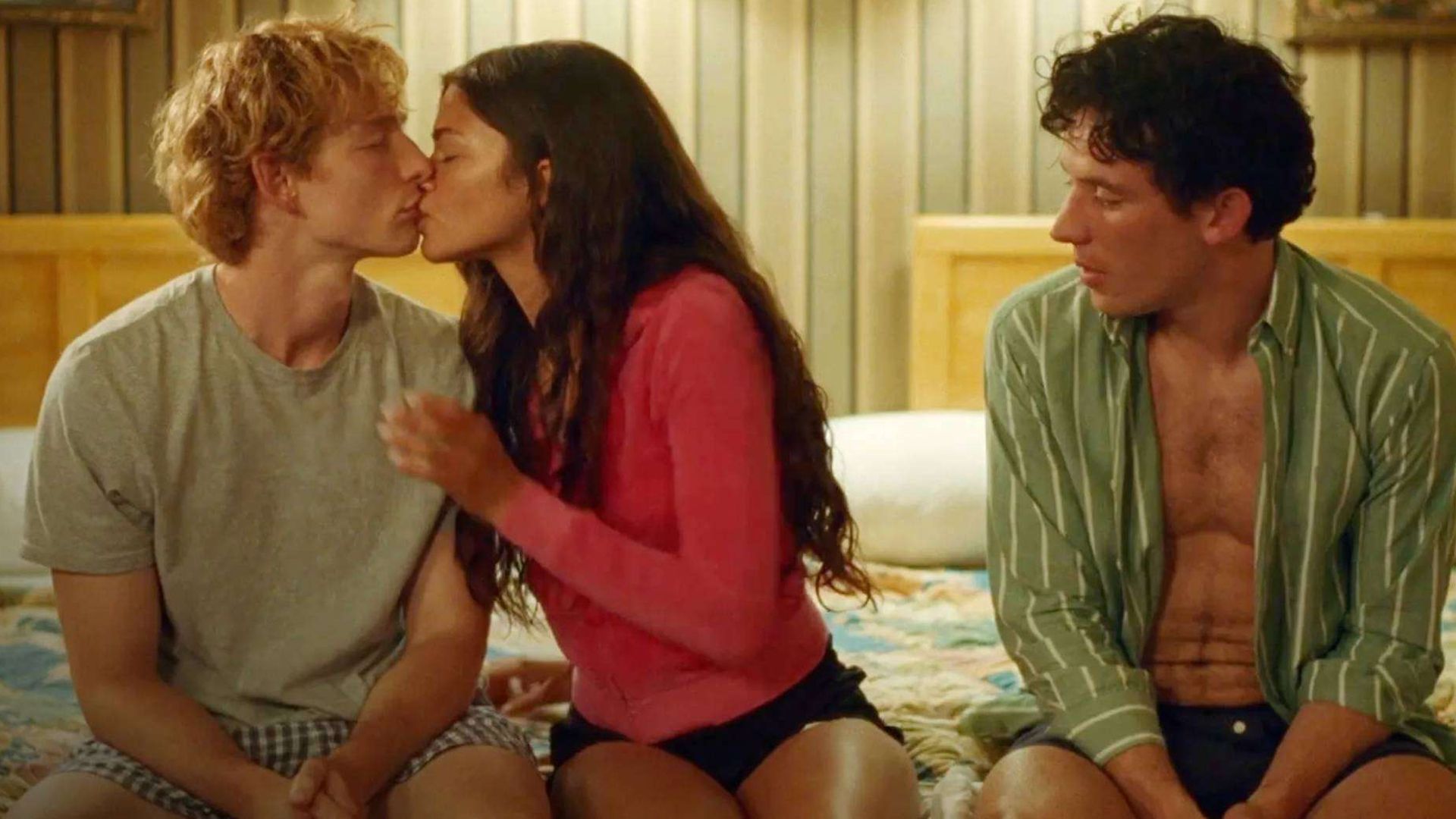
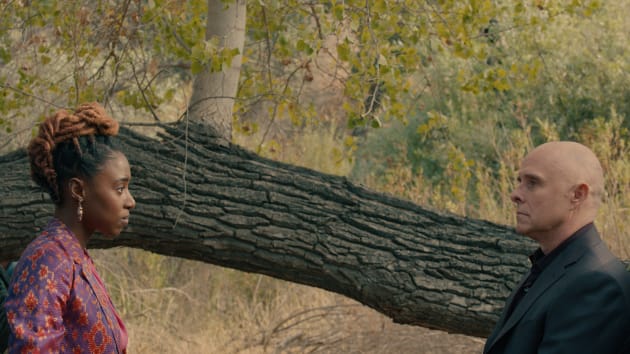

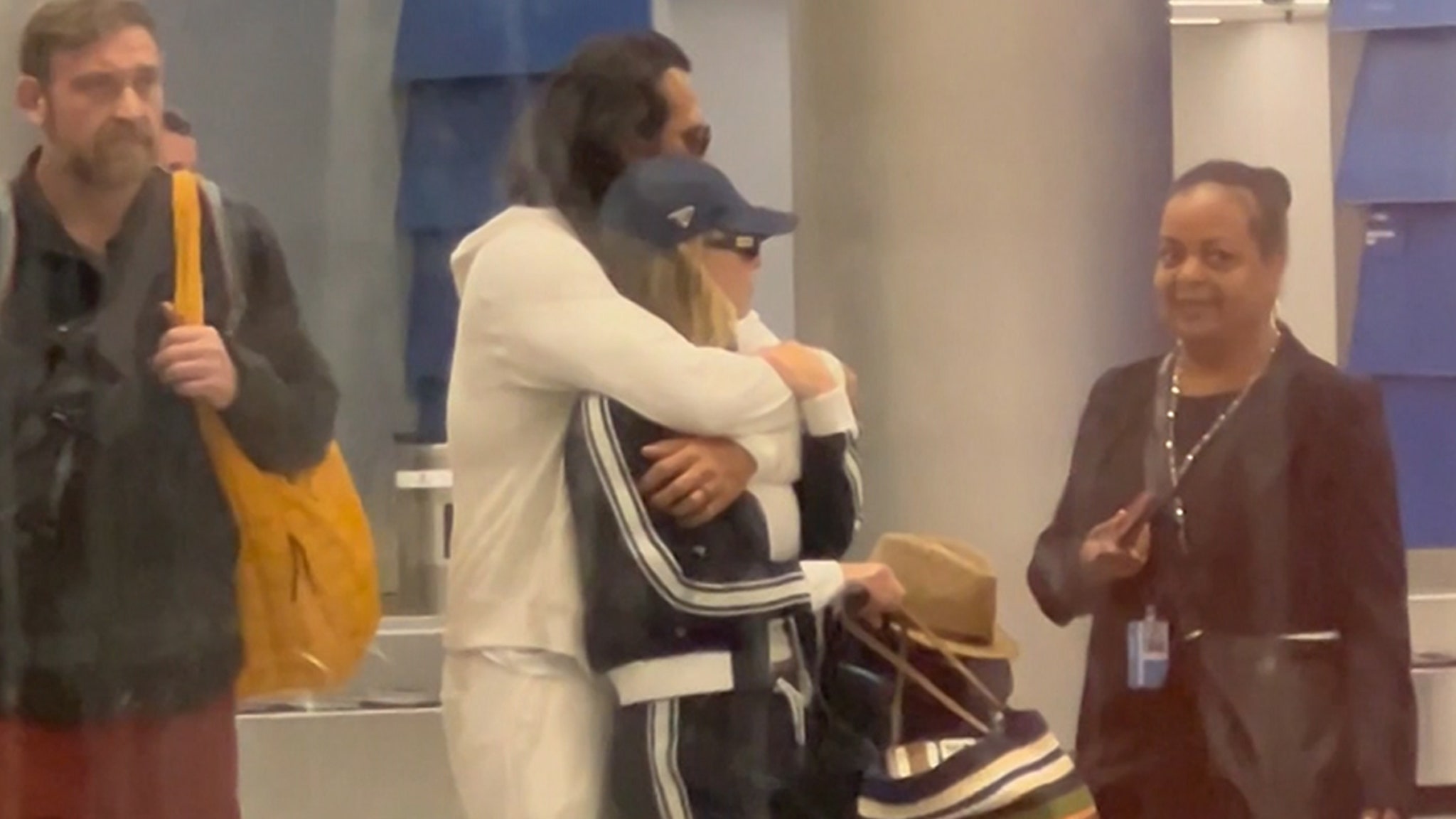

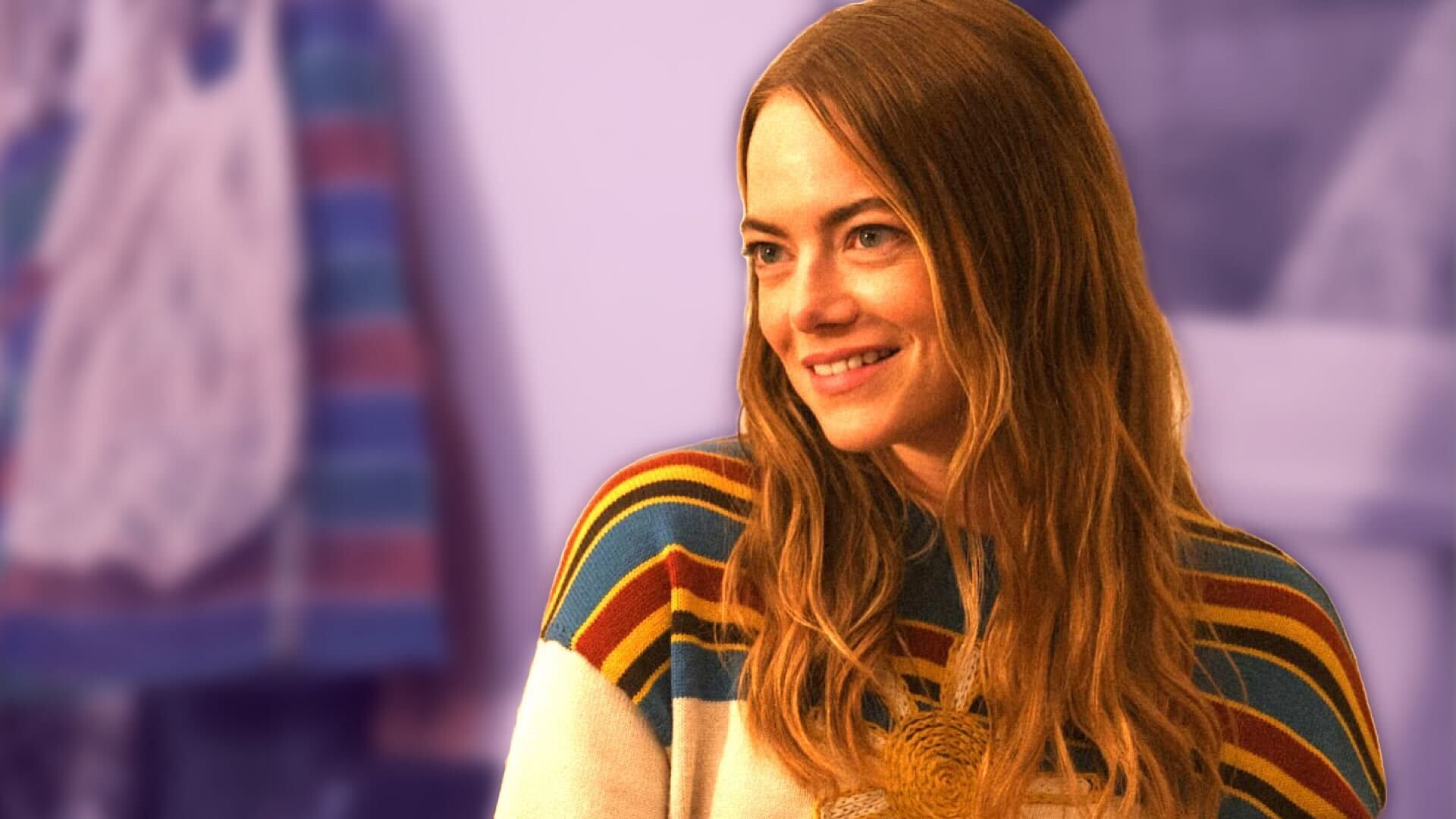

:quality(85):upscale()/2024/04/17/811/n/1922398/f02cacdb662014fbce5721.71298267_.jpg)
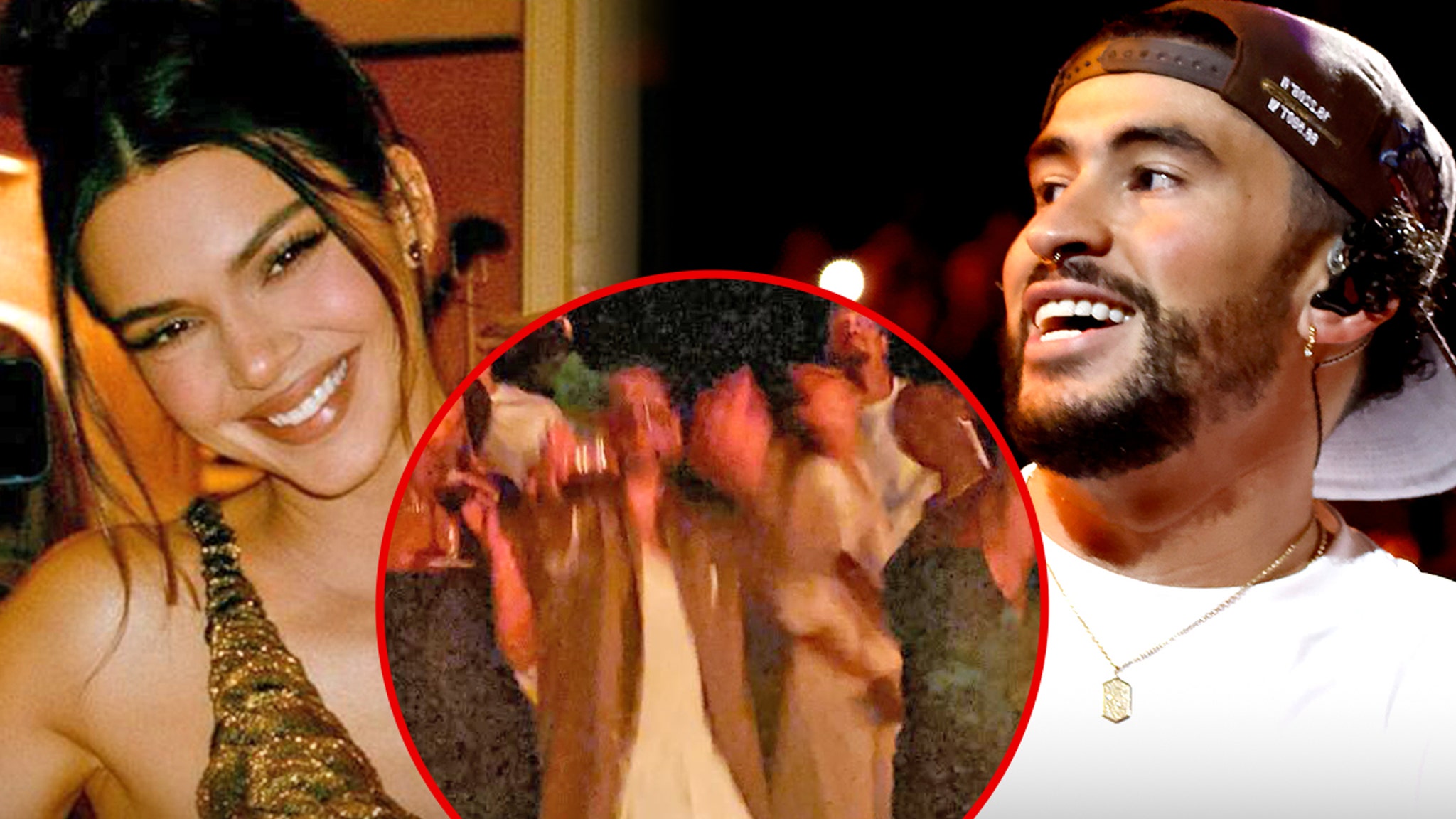
:quality(85):upscale()/2023/10/26/854/n/1922283/9247aad9653abe2bf1af38.11090738_.png)
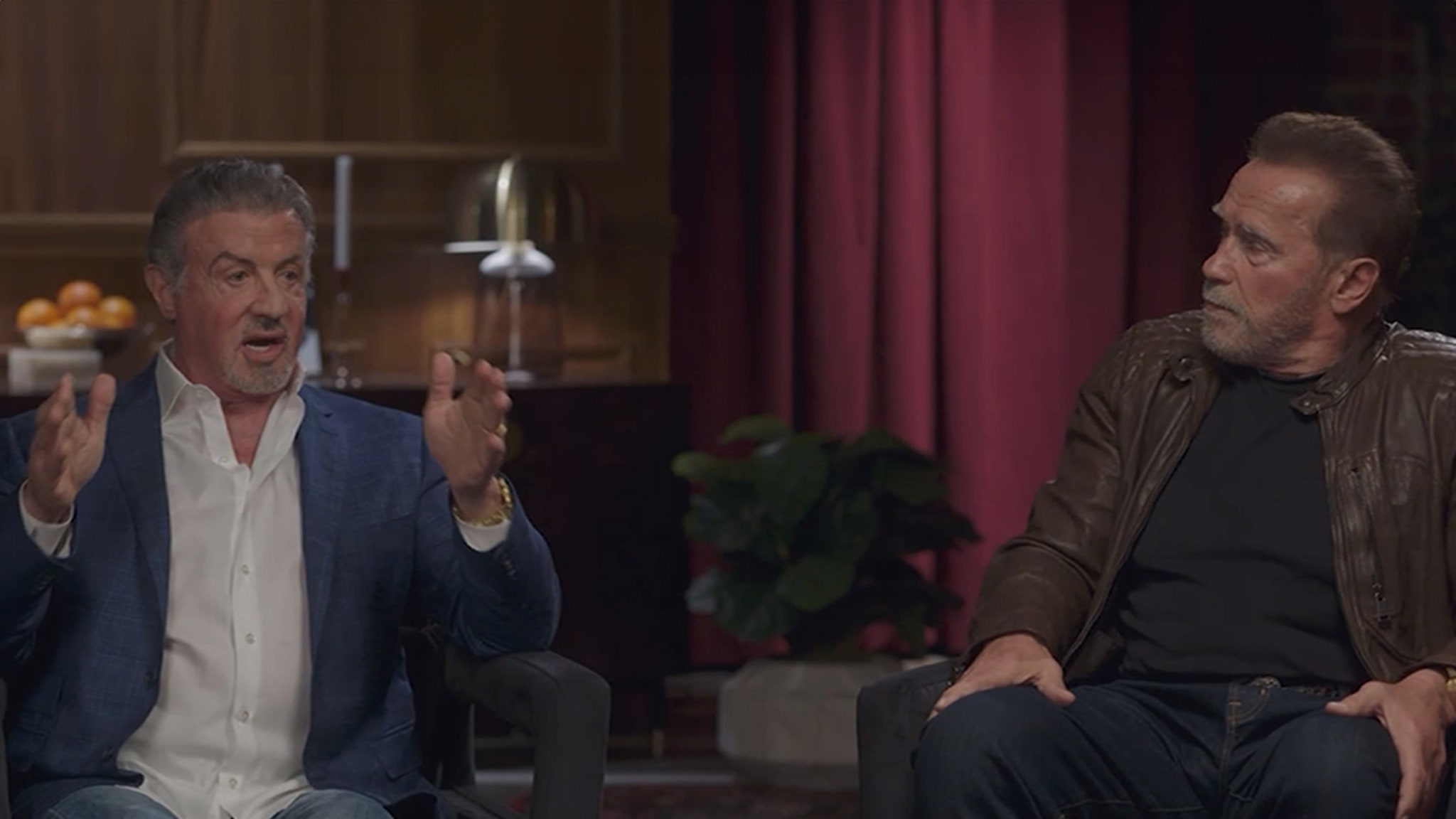

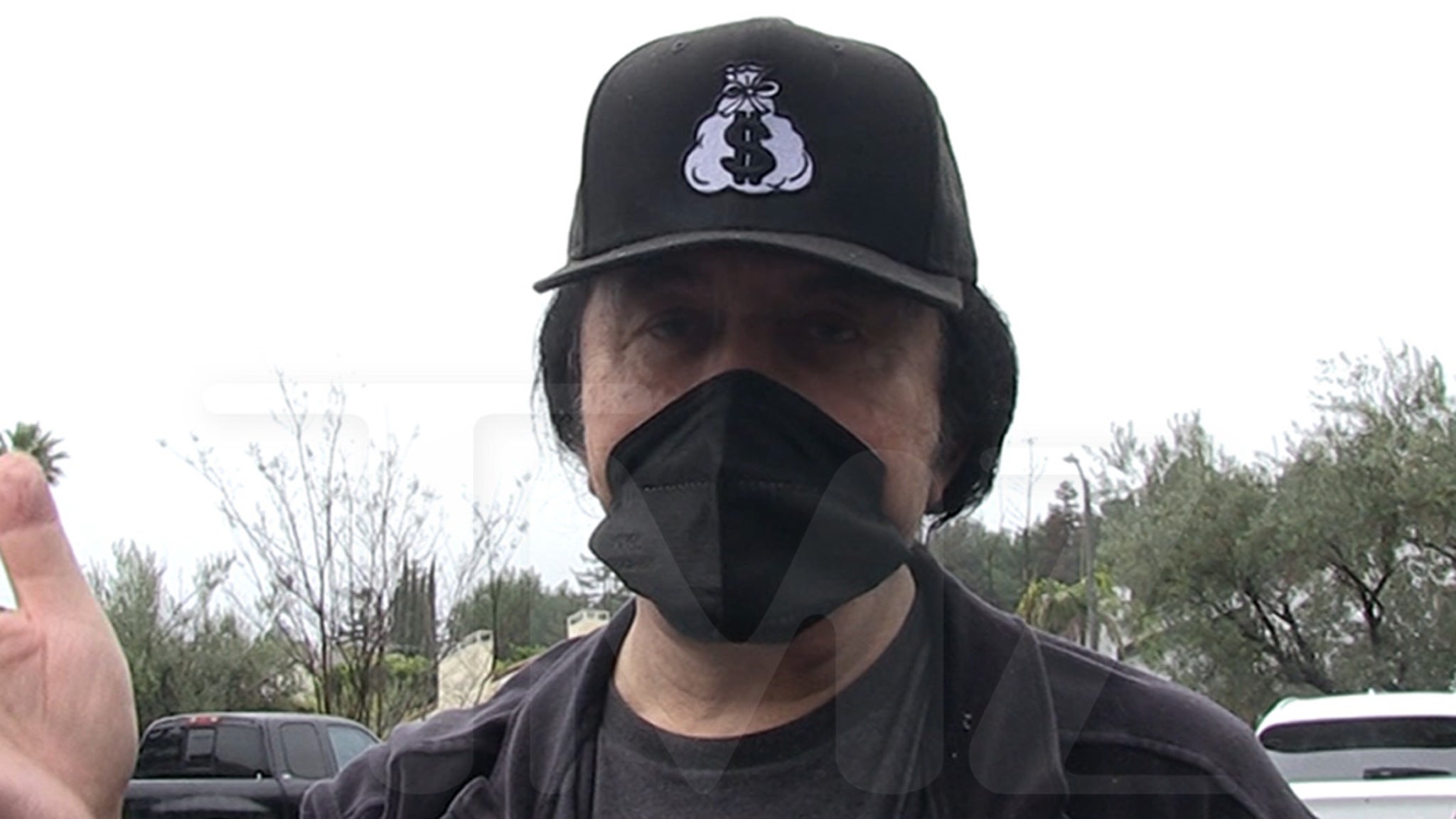
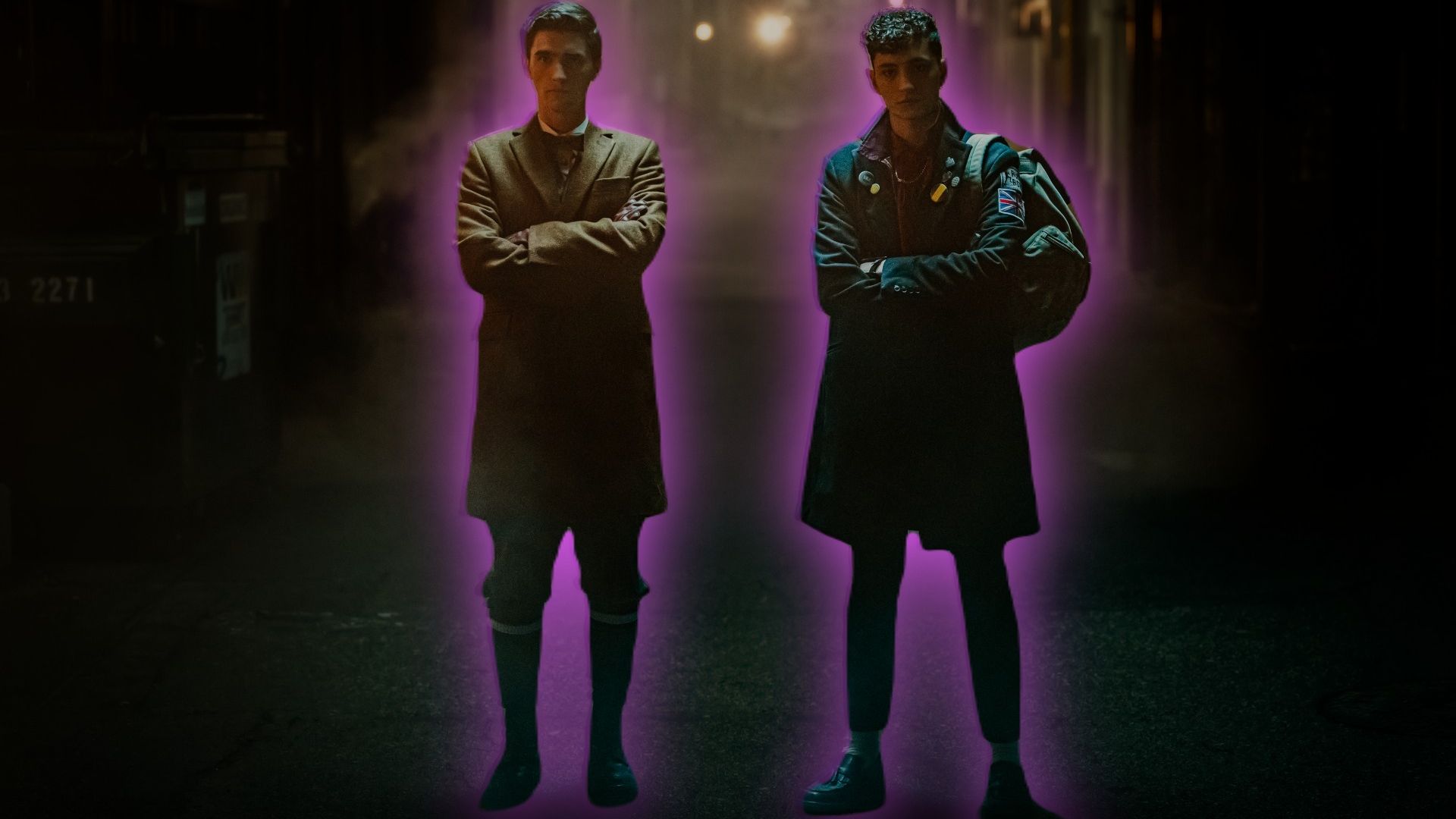

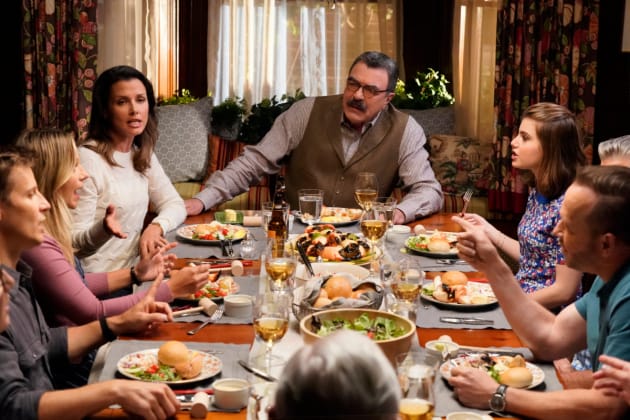

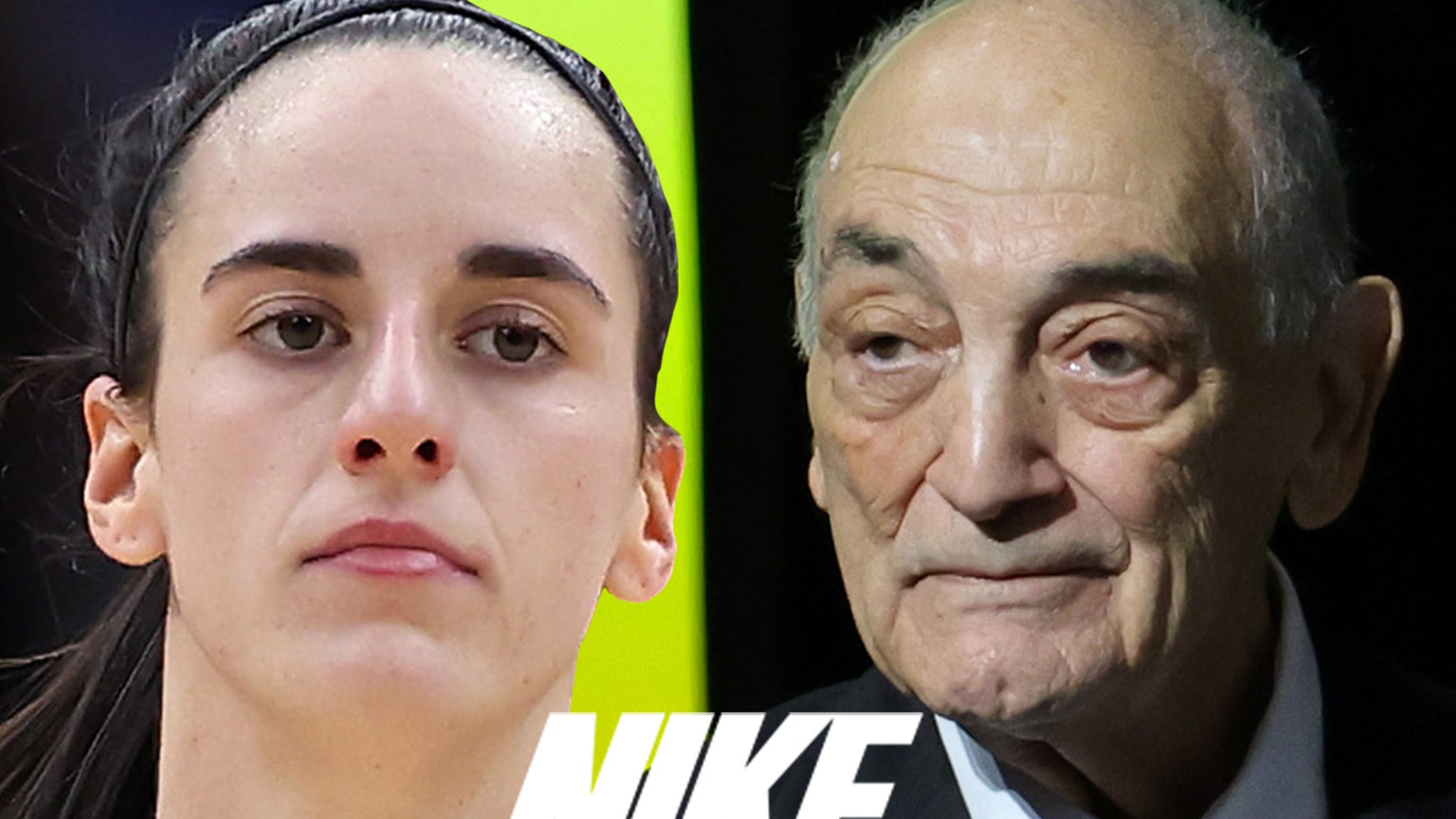
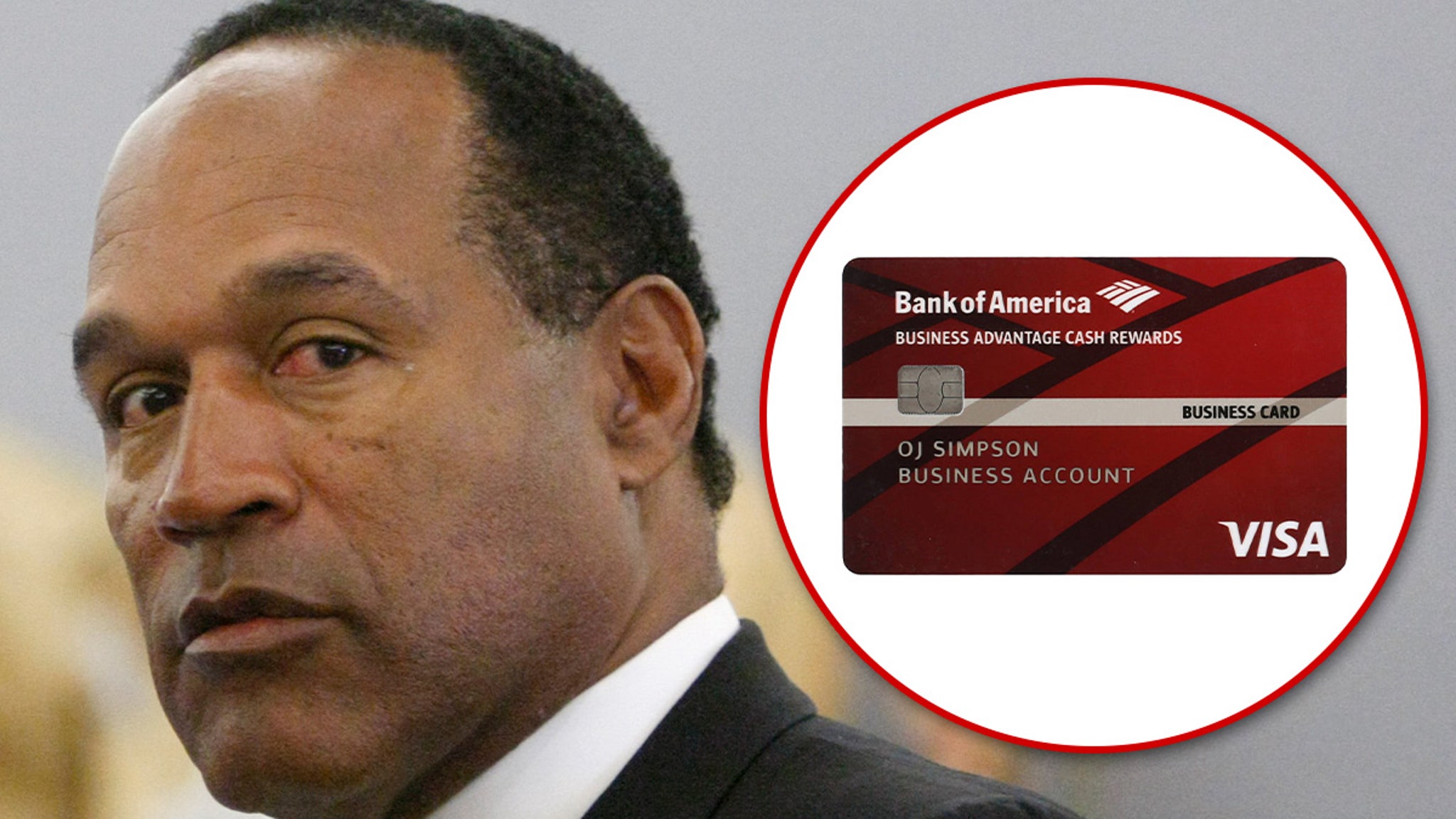
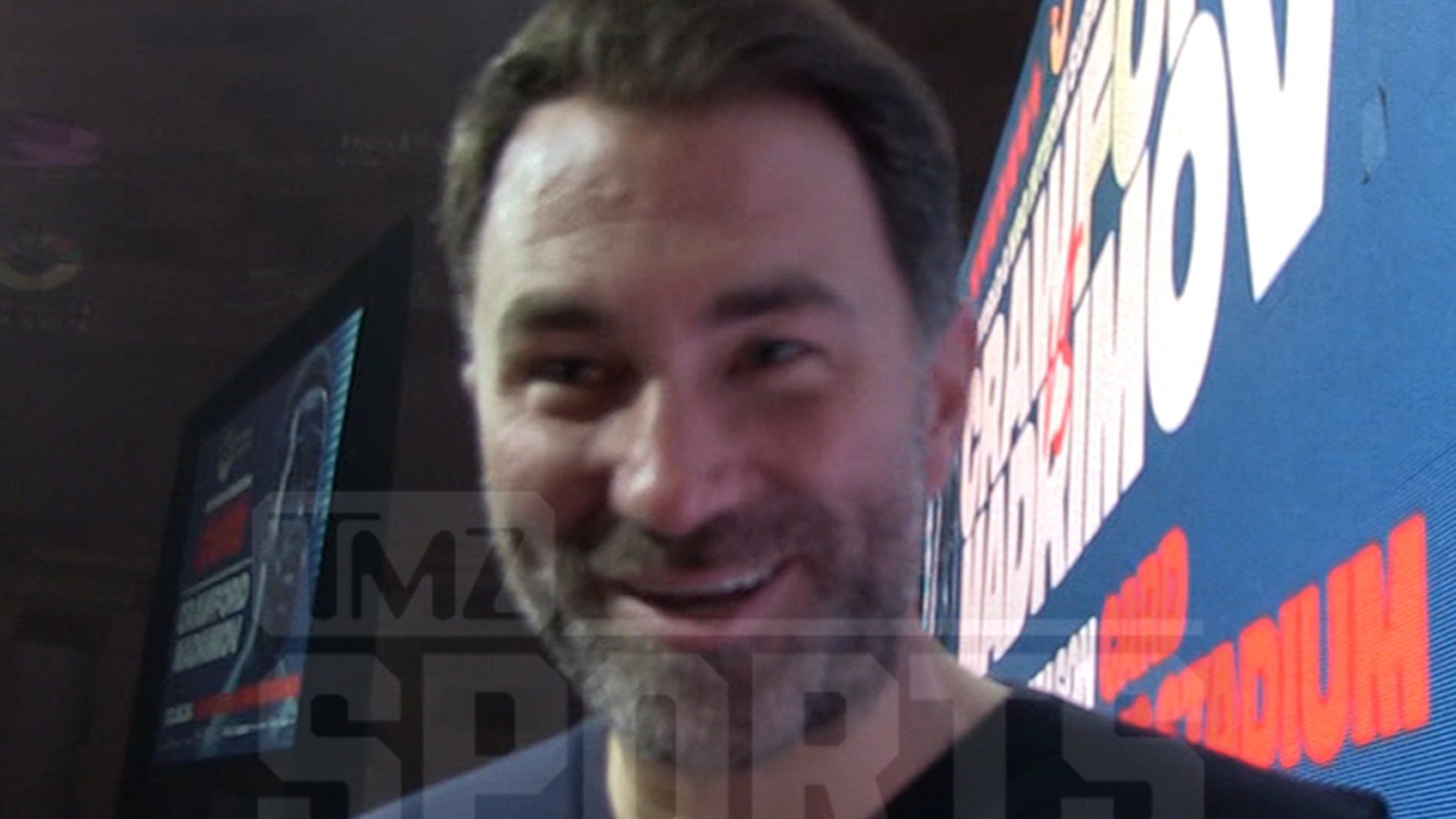
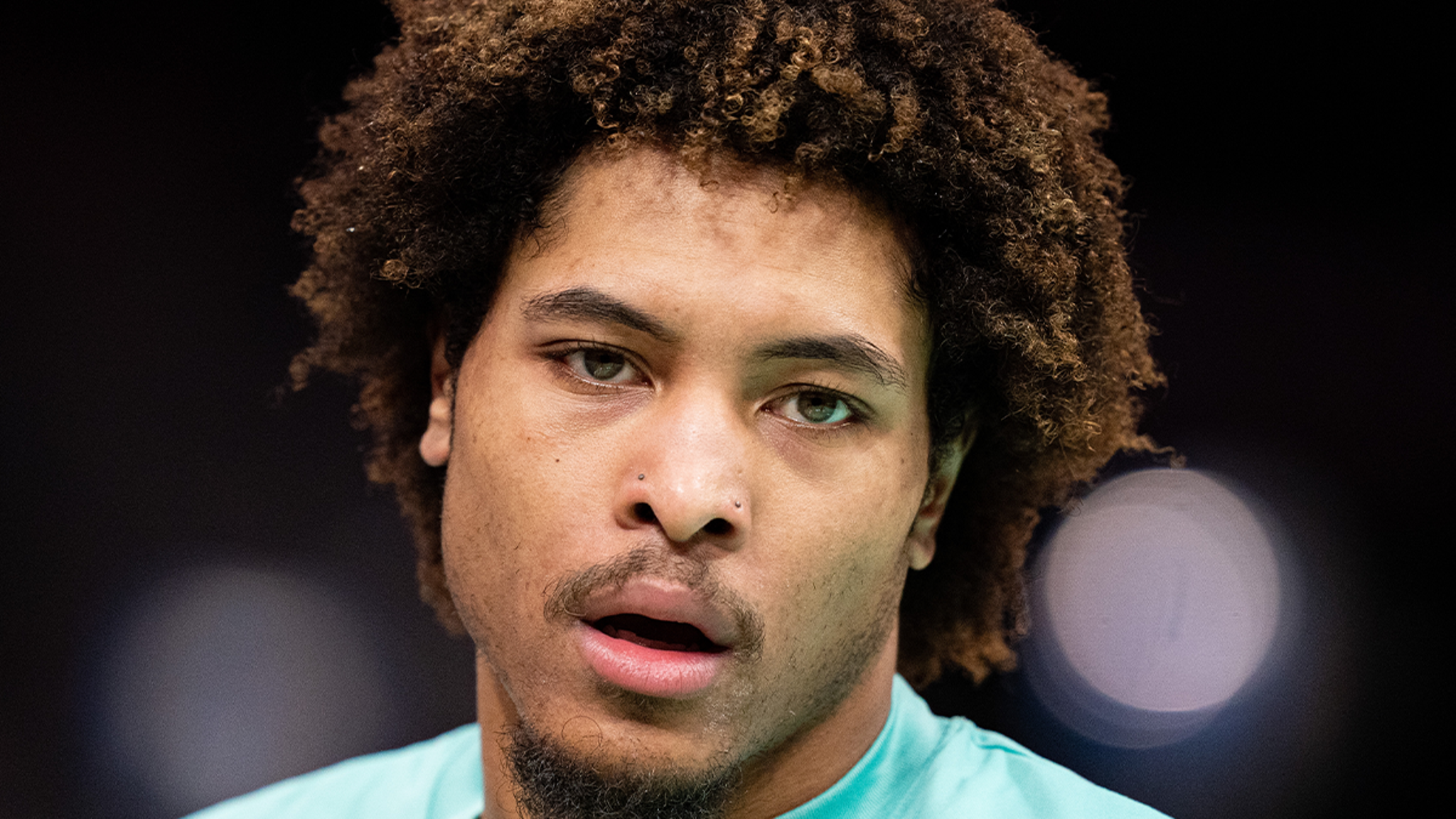
:quality(85):upscale()/2024/04/26/942/n/1922564/922a9e89662c1e7fc894b2.65383312_.jpg)
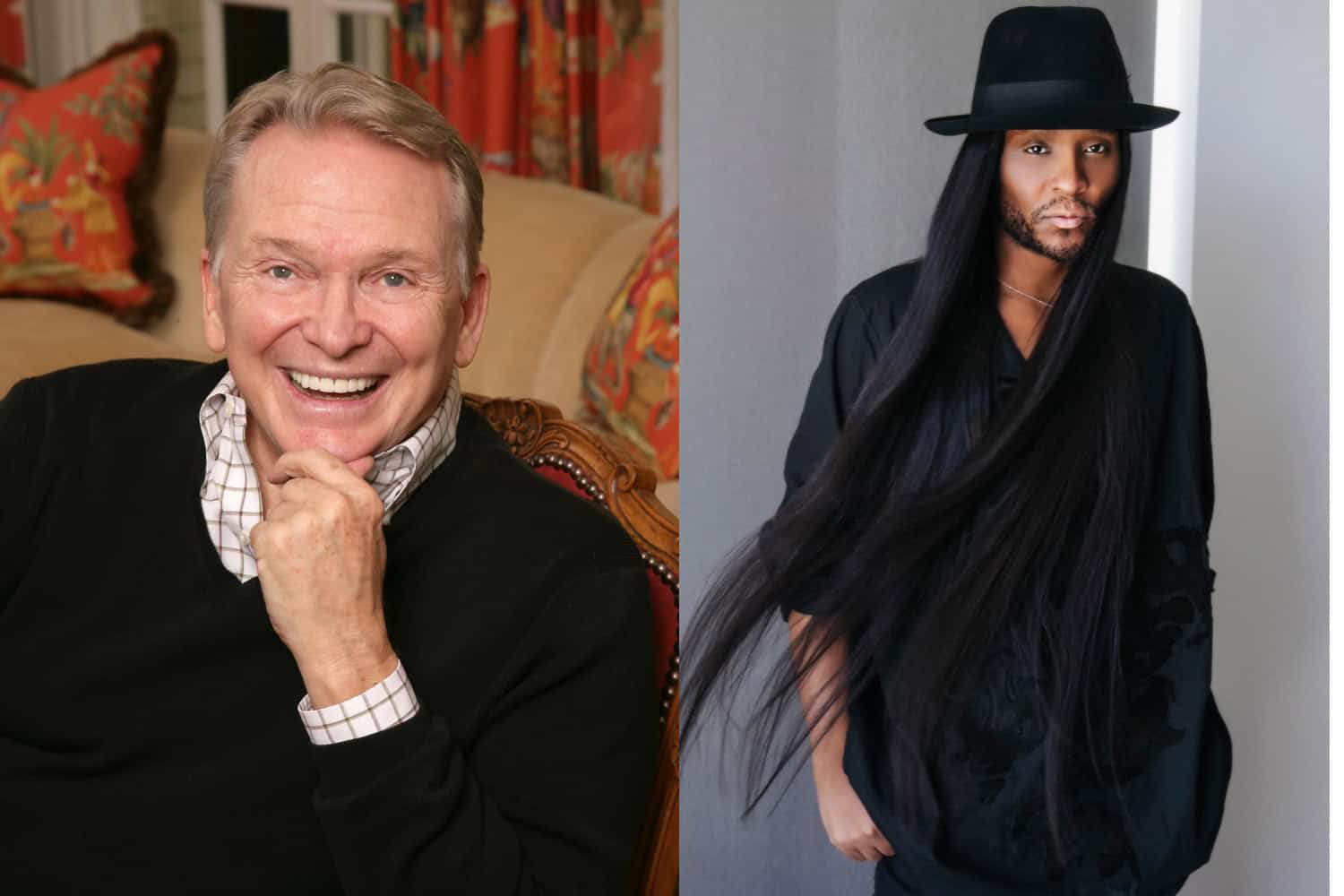
:quality(85):upscale()/2024/04/23/103/n/1922564/4749edea6628605c71c3f6.29683549_.jpg)
